Critics Call Biden Infrastructure Plan Wasteful, Target Broadband Goals
Critics are unhappy about President Joe Biden’s $2.3-billion plan that includes prioritizing local builds.
Benjamin Kahn
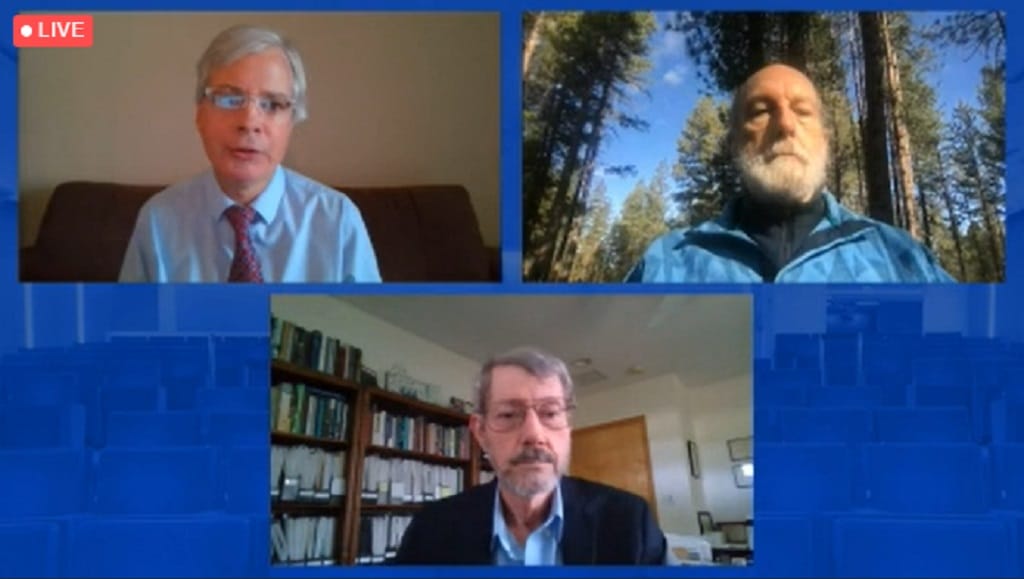
April 27, 2021—Shut out of power in the House of Representatives, the Senate and the White House, free-market critics of government spending converged at the Cato Institute on Monday to trash the Biden Administration’s $2.3 trillion infrastructure plan, calling it wasteful and inefficient.
Robert Poole, director of transportation policy at Reason Foundation, particularly criticized the president’s plans for universal broadband coverage by 2030, saying that it appeared to ignore the Federal Communications Commission’s current system of reverse auctions.
Although the Biden administration infrastructure plan is short on the details for how it would spend $100 billion in broadband funds, the administration’s fact sheet does appear to prioritize funding local, regional, broadband providers and co-ops.
Yet Poole also claimed – echoing a talking point that many established cable and wireless providers are making – that the Biden administration plan was limited to fiber-optic infrastructure. Poole condemned fiber as too costly for low-density services often necessary for rural areas.
In its current general form, “American Jobs Plan” appears to be technology neutral. Indeed, there is no mention of “fiber” or “fiber-optic” within it.
Yet some critics of the Biden plan say that in highlighting high-speed, symmetrical connections, the plan – once translated to legislative language – appears destined to subsidize fiber. Fiber-optic cable has speed and reliability advantages over cable, fixed wireless or satellite. But fiber often costs more than alternative services.
Currently, the FCC defines “high-speed” as 25 Megabits per second (Mbps) download and 3 Mbps upload, though there is a Democratic bill in the House that would redefine what is considered low and medium-tier speeds.
Fiber is crucial to other methods of broadband delivery
Moreover, while different methods of broadband deployment are sometimes better suited to different scenarios, more extensive fiber connections are also essential to expanded fixed wireless deployments. Many rural telecommunications companies lay fiber as their primary delivery method—even in regions that are often considered to be low-density, or if they also have fixed wireless assets for the “last mile.”
Though the cost of laying fiber is often greater than other methods, many states and localities have adopted policies to incentivize fiber while keeping cost down, such as “dig once” initiatives. “Dig once” initiatives keep costs down by scheduling other utility and road work simultaneously with fiber deployment.
Additional points about infrastructure plan discussed
Chris Edwards, director of tax policy studies at Cato and editor of Downsizing the Federal Government, also criticized the Biden proposal to raise the corporate tax rate to 28 percent from 21 percent. He said that would cause broadband companies would have less interest in doing business in the U.S., as other parts of the world would become more competitive.
Most of the panelists’ criticisms were focused on non- broadband provisions of the proposal.
Both Poole and Randal O’Toole, senior fellow at the Cato Institute advocated for user charges rather than subsidies. Poole was strongly in favor of the implementation of tolls to fund highway infrastructure, a cause he has advocated for decades.
He also opposed subsidizing airports and seaports and advocating for their privatization.
Edwards highlighted a different concept: Airports should be given the tools to fund their own infrastructure improvements by deregulating the industry, “The federal government puts a limit on how much states can raise from passenger charges to fund their own airports—that makes no sense,” he said.
O’Toole also criticized subsidies for mass transit, arguing that transit is responsible for almost the exact same amount of greenhouse gases per passenger mile as cars. This statistic is at odds with data collected by the U.S. Department of Transportation’s Federal Transit Administration.
Ultimately, the panelists denounced the Biden plan as allocated federal monies unnecessarily, and doing little to address the goals Biden established at the outset of his presidency: They argued that its “green” elements would pollute more than it will preserve, and its broadband elements would see investment by ISPs in the United States shrink.


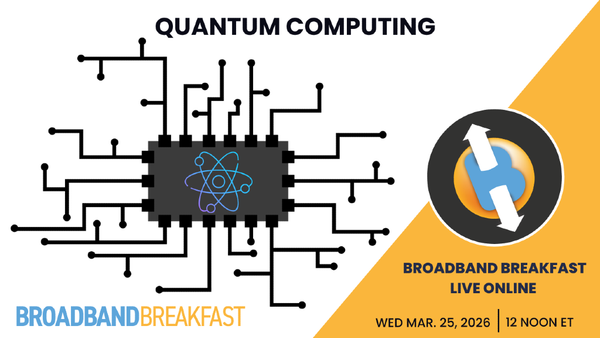
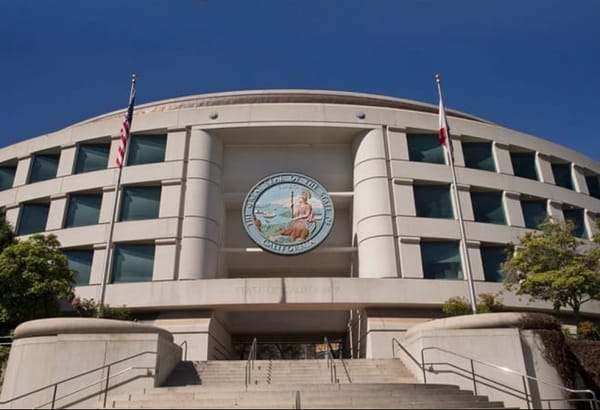

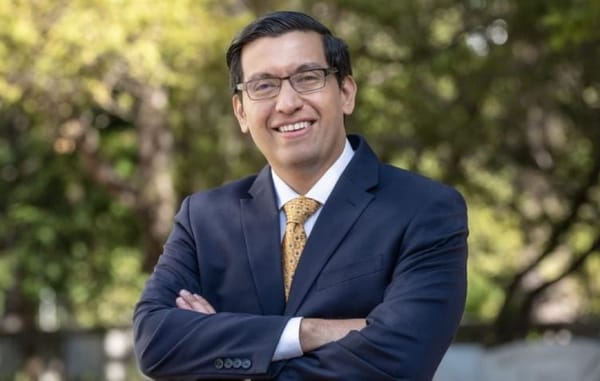
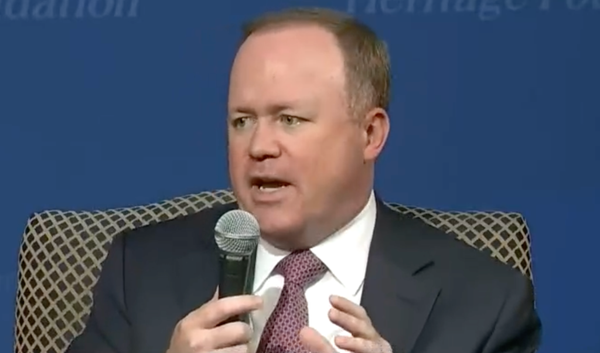



Member discussion